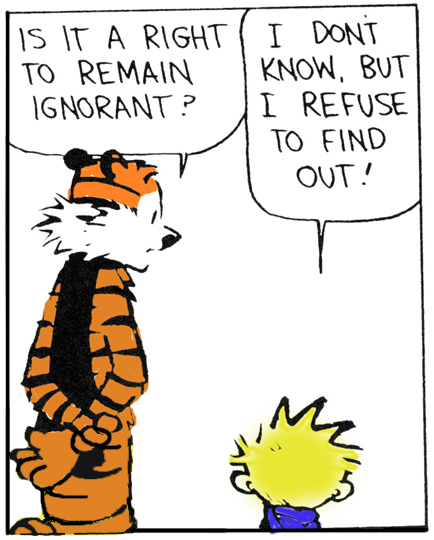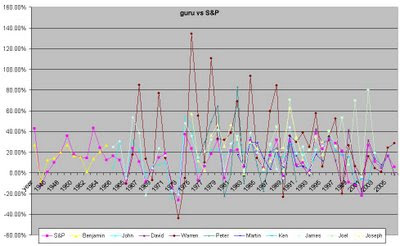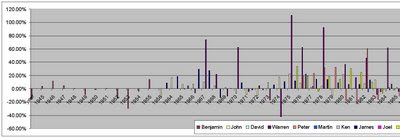If not mistaken, it was 2,300 BC and 4,500 years ago (no, not a mistake, these are the actual years). Once upon a time ...
Caby is a smart man, he understands human nature very well and decide to make a fortune out of it. Today he is only focusing on the 'greed' part.
He collects $1 from every man he meets and promise to pay half of them $2. At first, people have doubts and only a handful people join. But when half of them are paid double the money they put in, words start to spread and everybody rush in like no one business.
Although it was clearly implied that another half will get nothing out of the $1 they paid, but soon the other half start to compalin that this is a scam. Caby is a smart man, he starts to alternate paying another half of the people double the return. As far as the people concern, they pay $1 twice and they are guarantee to get back $2 in second round anyway. So the worst is break even and if 'luck' is on their sides, they can get paid $2 for the $1 they put in. They can stop playing and immediately earn 100% return !
But who is happy with $2 ? Illogical but true enough, everyone realize they will keep on playing and all they will ever get is a break even, but everyone still think they can earn 100% return.
You are breaking even at best but
you still think you are winning 100%
at the same time
Finally, the business model works and sustain itself. Caby is a smart man but he hasn't earn a single cent doing this yet. He is calm, he waits, for the real phase to kick in.
Finally Greed kicks in. $2 is not enough anymore. People start to demand higher pay out. Caby is a smart man, he starts explaining how the system work. That if higher payout is made, less people will get paid. People agree. People still want higher pay out. 4, 8, 16, 32 ... very soon you start to see games like 3D, 4D, Magnum all over places. By now, the size is just too big that people cann't keep track of who play and who get paid. Caby is a smart man, he knows exactly how the money flow and start to get his share out of this whole business model. As long as there are people, this business model will continue and Caby is a rich smart man.
That is not the end, that is not even the main part of the story yet ... the story starts when there are some smart people among the players. They start calling this business model gambling and saying all the bad effects it can bring. Despite that it is a bad thing they say, they didn't say we should stop totally. They just say we should regulate it. Normally people would say, "Bad ! Don't do it !", what kind of people would ever say, "Bad, do it under my control, then its ok" ? - - - Yeap, Politician.
After regulation or in another word, under the umbrella of the protection of a country, this business model grows even bigger and sometimes its an international investment event around the globe.
Ok, now back to the good guys who say don't do it. Which is also the juice in this story. Caby is a smart man. He said to these anti-gambling guys, "what if I pay out according to who need it most?" Good guys ponder a little bit but after a long haul of exactly what need is and how to determine who need it first etc. They settle in. Now the business model has changed and become ...
You pay $1 a day, 365 days a year and should you has the 'need' one day, you will get $100,000 ! Different group of good guys have different needs so many different kind of variation of games are put in place. Some said the need is 'when I lost my income', others may say 'when I die, pay my family please'.
It turns out Caby is smarter than he think he is. Now he has one business model for all the greedy illogical guys and another model for the good guys. Both type of people think they are well taken care off. As long as there are people, no matter if all of them turns saints or evil, Caby is a rich baster !
Its the most long lasting business models ever built ...






































